Swiss chocolate, Swiss cheese, the Swiss Alps – Switzerland is a magical destination that’s popular for all types of travelers, especially nature-lovers. To make the most of your time in Switzerland, make sure you’re fully prepared for the trip – and fully prepared to keep your electronic devices safe and in working order.
The last thing you want is for your phone to die just when you’re trying to get that iconic shot of the Matterhorn – or for your electronics to get damaged due to improper charging. Use this quick guide to understand the basics of Swiss power, how to stay online throughout your adventure, and packing must-haves!




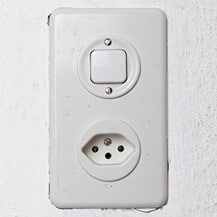
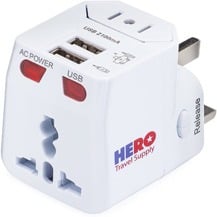
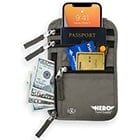

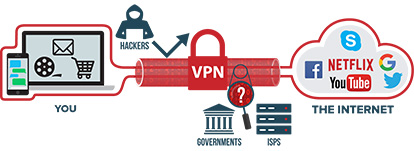
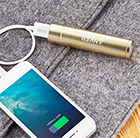
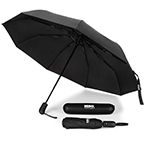
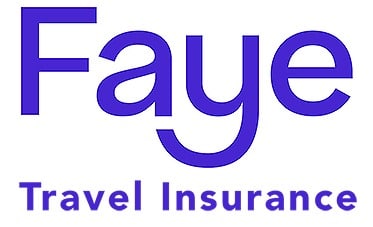
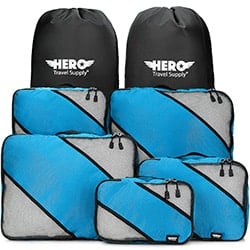
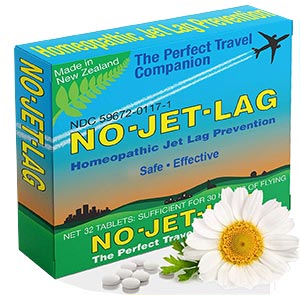
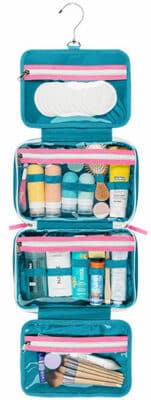
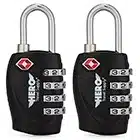

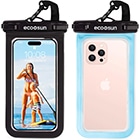
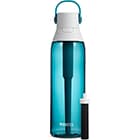

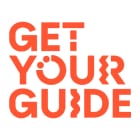
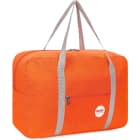
 Like other types of Swiss infrastructure, the electrical grid in Switzerland is of extremely high quality. Whether you’re in a city like Zurich or Geneva, or a more rural area, there isn’t much to worry about. While power outages occasionally occur, usually during storms, you’re unlikely to experience one during your visit.
Like other types of Swiss infrastructure, the electrical grid in Switzerland is of extremely high quality. Whether you’re in a city like Zurich or Geneva, or a more rural area, there isn’t much to worry about. While power outages occasionally occur, usually during storms, you’re unlikely to experience one during your visit.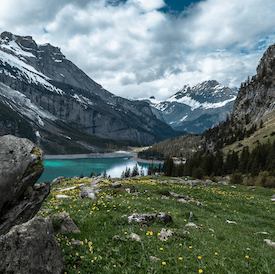 Switzerland’s main tourist season runs from May to September, when the days are longest and the weather is warmest. However, that’s also when prices climb and things book up early. If you visit in the spring or fall instead, you’ll still be treated to mostly pleasant weather, but there will be fewer crowds and lower prices. If you’re planning a ski trip, ski season lasts from December to March (if you’re not skiing, try to avoid the resort towns during that time). Be sure to check current
Switzerland’s main tourist season runs from May to September, when the days are longest and the weather is warmest. However, that’s also when prices climb and things book up early. If you visit in the spring or fall instead, you’ll still be treated to mostly pleasant weather, but there will be fewer crowds and lower prices. If you’re planning a ski trip, ski season lasts from December to March (if you’re not skiing, try to avoid the resort towns during that time). Be sure to check current  Zurich isn’t the capital of Switzerland, but it’s the country’s largest city and a major global financial center. No surprise, it’s full of things to do and see. Visit the Swiss National Museum and the Museum of Art, as well as the FIFA World Football Museum if you’re a soccer fan.
Zurich isn’t the capital of Switzerland, but it’s the country’s largest city and a major global financial center. No surprise, it’s full of things to do and see. Visit the Swiss National Museum and the Museum of Art, as well as the FIFA World Football Museum if you’re a soccer fan.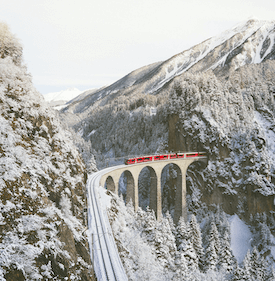 Switzerland is a country known for precision and organization, and it shows. The transportation infrastructure is extremely well-developed, and public transit options are plentiful.
Switzerland is a country known for precision and organization, and it shows. The transportation infrastructure is extremely well-developed, and public transit options are plentiful.